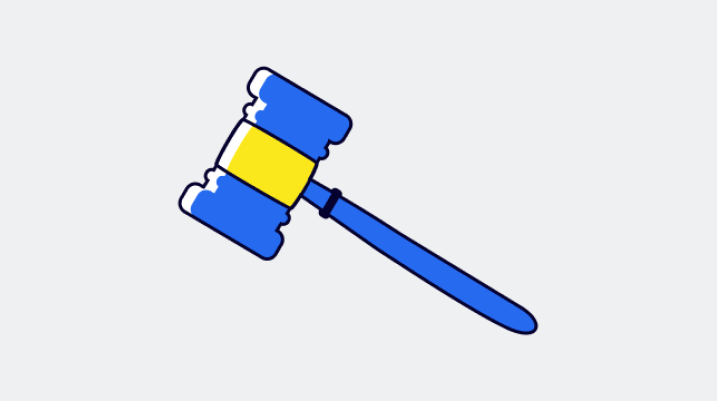Why Do Some Personal Injury Cases Get Turned Down (“Are Ineligible”)?

Getting injured can be an incredibly difficult experience. Seeking legal help is a brave step to take and one that can be overwhelming during an already difficult time.
Sadly, not every incident qualifies for a claim, even when someone was hurt through no fault of their own. Having your case turned down is frustrating and upsetting. It can be helpful to know some of the reasons why it might happen.
Your injuries don’t meet the law’s criteria.
The US legal system is very precise, and personal injury lawsuits are no exception. National and local laws define what is needed for a claim to be filed.
Some states have what’s called a “threshold injury”, meaning one that is permanent and severe. A short-term, though painful, injury (like broken ribs) may not be considered legally serious enough.
Claims are meant to recover things like lost wages, medical expenses, and more. If you didn’t miss work or have significant medical costs due to your injury, there might not be enough expenses to compensate.
The other party wasn’t responsible for your injury.
To get money from another person’s or business’ insurance company, there has to be proof that their negligence contributed to your injuries. For example, if you slipped and fell on someone’s property, your attorney would need to prove that the property owner knew or should have known about the dangerous condition, such as a puddle or ice patch, that caused your injury. If no one was responsible, it can be hard to prove that you should receive compensation.
The person or business responsible doesn’t have enough coverage.
The funds in a personal injury claim are covered by the insurance policies of those responsible. Sometimes, the amount of money covered by a policy isn’t enough to cover the medical expenses or pain and suffering from an injury. In these situations, an attorney might not be able to move forward with a case because there’s no way to recover what you need or deserve.
The law doesn’t allow it.
These types of situations can include a conflict of interest (a lawyer can’t represent both sides in a car crash, for example), government immunity (you usually can’t sue the government), and local laws about when or if a lawsuit can be filed.
The many other, case-specific reasons.
An attorney might feel that you’re not behaving responsibly. Your situation might be more suited to a criminal case. The event may have happened outside of an attorney’s jurisdiction. There are many other reasons why your claim might not be the right fit for a firm.
You may just be asking the wrong personal injury attorney.
Personal injury law isn’t just for car accidents or slip and fall injuries. There are many other types of cases that are included, but not all personal injury attorneys may have experience with them. Make sure that you’re contacting an attorney who has fought for incidents like yours. These can include:
- Dangerous or defective products
- Workers’ compensation claims
- Birth injuries and medical malpractice
- Nursing home abuse and neglect
- And others
When an attorney won’t take on your case, don’t give up.
If you believe you have a case, keep going! Get a second opinion or ask for a referral, because sometimes a firm might just not specialize in your exact case type. It’s always worth asking someone else.
Another option is to consider small-claims court, where you can sue an individual yourself, without an attorney. Different states have different maximum amounts for a small-claims court claim, so be sure to check out the requirements of your state.
If you think your case was turned down in error, or if new information comes to light, reach out to an attorney again to see if this will change your situation.
For more legal resources and information about attorneys in your area, visit your local state bar association. For claims related to medical malpractice, you can file a complaint with your state medical board or the American Dental Association.
Injured? Getting the compensation you deserve starts here.

Injured?
Not sure what to do next?
We'll guide you through everything you need to know.
